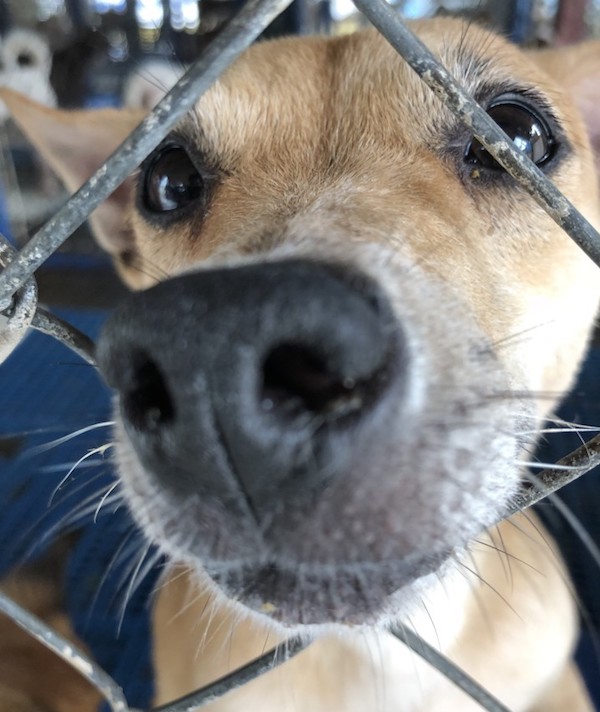
What is the dog's history?
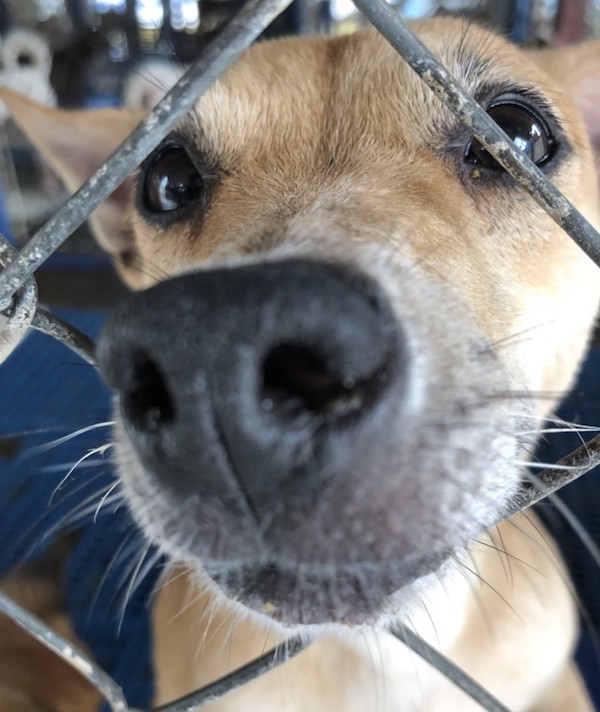
If the dog was surrendered by another family, it's good to know the dog's history. First off, it should already be housebroken. It's also good to know if there were behavioral issues that the family could not cope with.
Are there any behavioral issues?
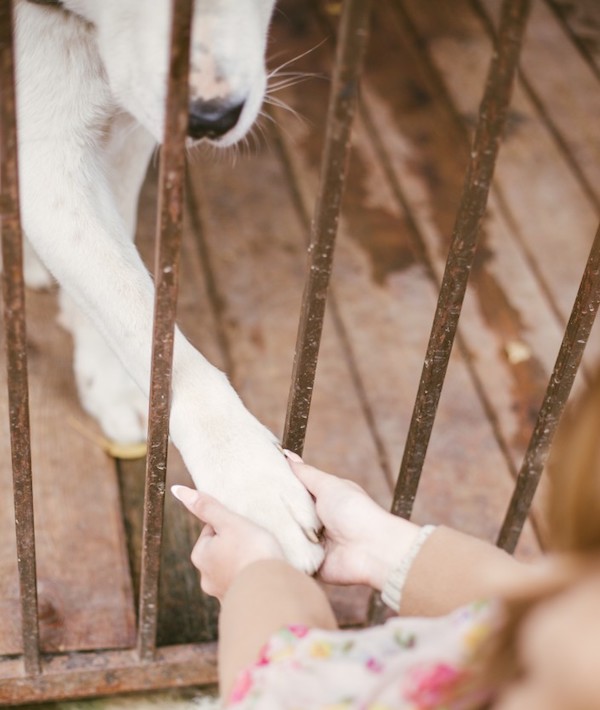
Many dogs that have been abandoned or lived on the streets can have some issues. They could be food aggressive or whine incessantly if left alone for long periods of time. These issues can be worked through with proper training, but if you don't know about the problem up front, then that makes it harder on both you and the dog.
What's the dog's personality?

Is the dog good with kids? Is it nice to other dogs? Is it playful or calm? It's important to know as much as possible about the dog's personality to decide if you're a good fit for each other. A dog with lots of energy might not be what you're looking for, so it's good to ask lots of questions so that there are no surprises later.
What is the dog's medical history?

Hopefully, the dog you want to adopt is the picture of health, but that is not always the case. Finding out about any known conditions is important when deciding to adopt a dog. Be sure to research the care needed if the dog has a long-term medical condition.
Has the dog been spayed or neutered?

Most shelters do this as part of their intake process, but it doesn't hurt to double-check. Part of being a pet owner is ensuring that your dog has been fixed. If the shelter has not already done so, ask for recommendations on where you can take the dog to have it either spayed or neutered.
Does the dog have any favorite games or toys?
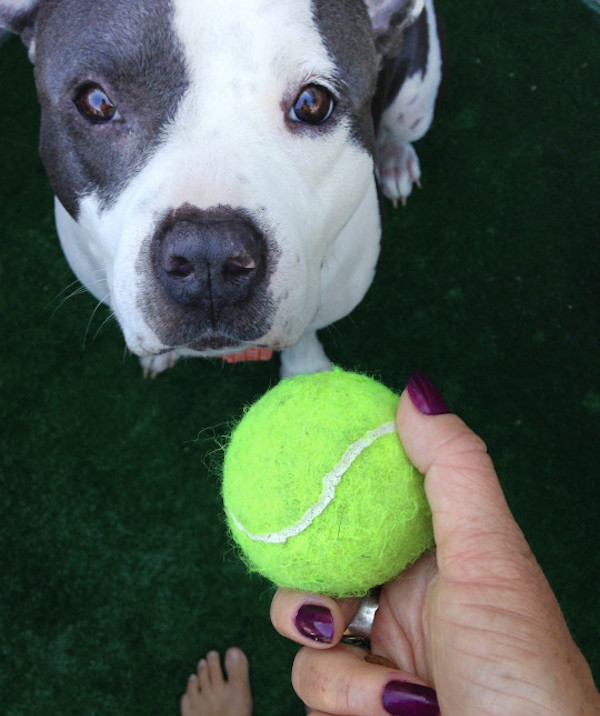
It's good to know if the dog is a fan of fetch or if you're better off trying to catch the ball yourself since the dog will never play. There are many ways to entertain dogs, and all dogs have their favorites. It's good for you to find out.
What training does the dog have?
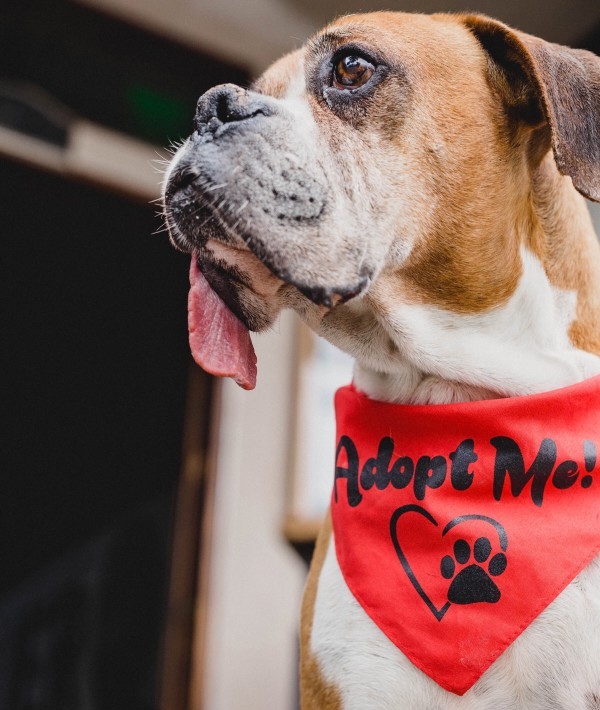
If the dog can obey any commands, then ask to see them. Having a dog that is already trained to "sit," "stay" and "lie down" is an added bonus when beginning your life together.
Is the dog housebroken? Crate trained?

Most likely, the dog is already housebroken if you're not adopting a tiny little puppy. It's always good to verify that fact, though. It's also a good idea to take it a step further and ask if the dog has been crate trained. This step in training can be a big one, so having that already done with a potential dog for your home is helpful.
What is the dog scared of?

Many shelter dogs have been through a lot in their past, which leads them to some unusual fears. It's good to ask about this, to know if the dog is afraid of things on wheels or the sound of a garbage truck, or anything else that can be startling.
What is the adoption process?
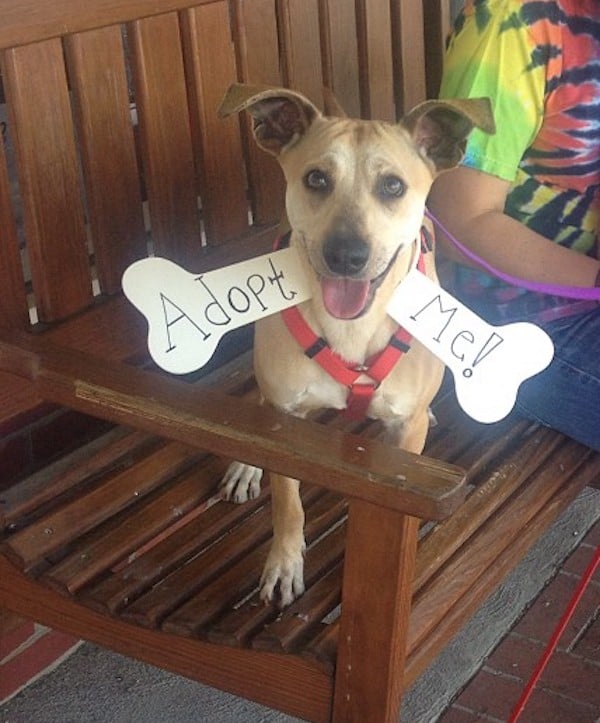
Is there a home visit involved? Which vaccinations does the shelter provide? How much is the adoption fee? Each shelter handles adoption a little bit differently, and you don't want any surprises if you decide to adopt a shelter dog.




